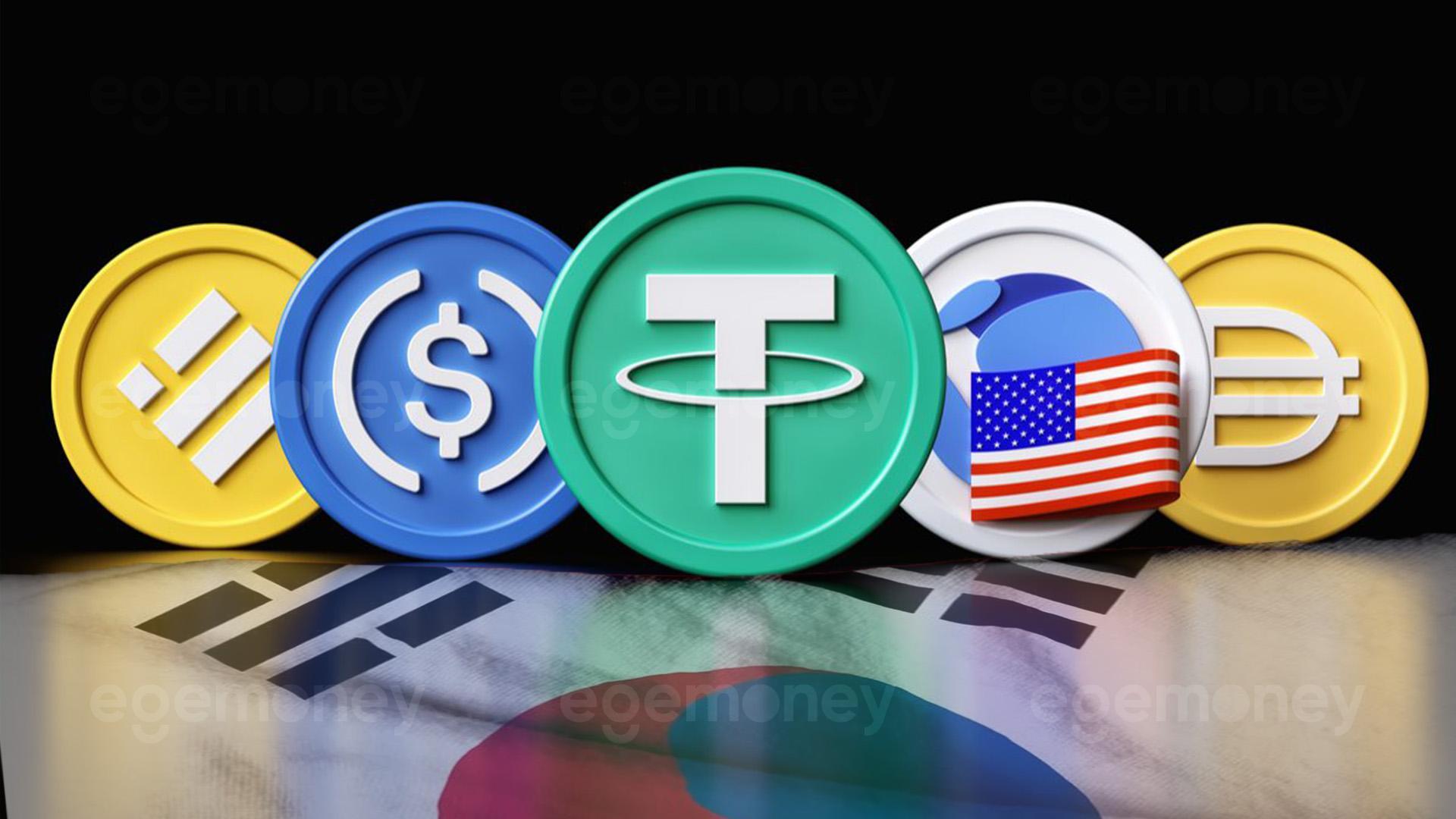It is reported that the Financial Services Commission of South Korea is considering expanding the Virtual Asset User Protection Act to include virtual asset management companies.
The financial authorities in South Korea are preparing for the second phase of the virtual asset law to regulate various aspects of the country’s crypto market. According to local media ChosunBiz, this second phase of legislation will focus on regulating issues such as virtual asset issuance, addressing conflicts of interest that may arise during issuance, and establishing a regulatory framework for stablecoins.
The National Assembly of South Korea Has Instructed the Financial Services Commission (FSC) to Submit a Report Regarding Crypto Issuances
Following the passage of the Virtual Asset User Protection Act, South Korean lawmakers have instructed the country’s Financial Services Commission (FSC) to submit a report addressing “conflicts of interest created by virtual asset operators during issuance and distribution processes.”
As a result, the financial institution will commence a research process aimed at resolving these conflicts of interest, regulating stablecoins, and establishing virtual asset assessment, consultancy services, and issuance standards.
FSC is Considering Expanding the Virtual Asset User Protection Act
In addition, the FSC is considering expanding the Virtual Asset User Protection Act in response to issues faced by local crypto investment platforms Delio and Haru.
On June 13th, Haru Investments halted user withdrawals due to undisclosed wrongdoing by an unnamed custodian operator. Another investment platform, Delio, also suspended withdrawals on June 14th due to exposure to Haru.
Following these events, South Korean prosecutors barred the executives of these companies from leaving the country.
During a meeting on July 3rd, it was reported that the FSC would extensively address the Virtual Asset User Protection Act, including virtual asset management companies, specifically referencing the withdrawal issues faced by Haru and Delio.
An anonymous official from the FSC mentioned that the regulator is in discussions with other financial institutions and ministries regarding this move. It was stated that the FSC decided to take this step due to the uncertain regulatory space in which these companies operate.







